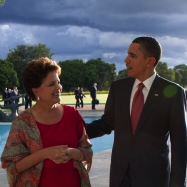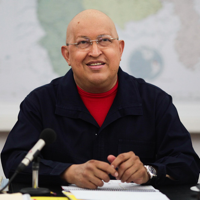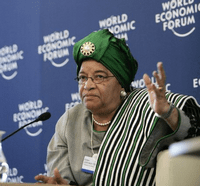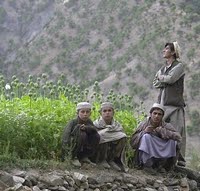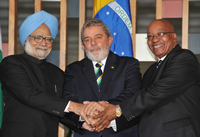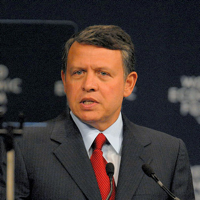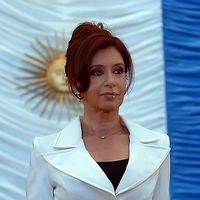
When Mexico’s secretary of foreign affairs, Patricia Espinosa, recently acknowledged that Brazil is dragging its feet on the free trade deal the two countries agreed to hash out last November, it was not the lament of an aggrieved party. After all, Mexico, Latin America’s second-largest economy, is hardly a victim in its trade relations with Brazil, the region’s largest. To the contrary: In the first seven months of 2011, Mexico registered a $478 million trade surplus with Brazil, a 24-fold increase over the $19 million registered during the same period in 2010. That might explain Brazil’s lack of enthusiasm for […]


